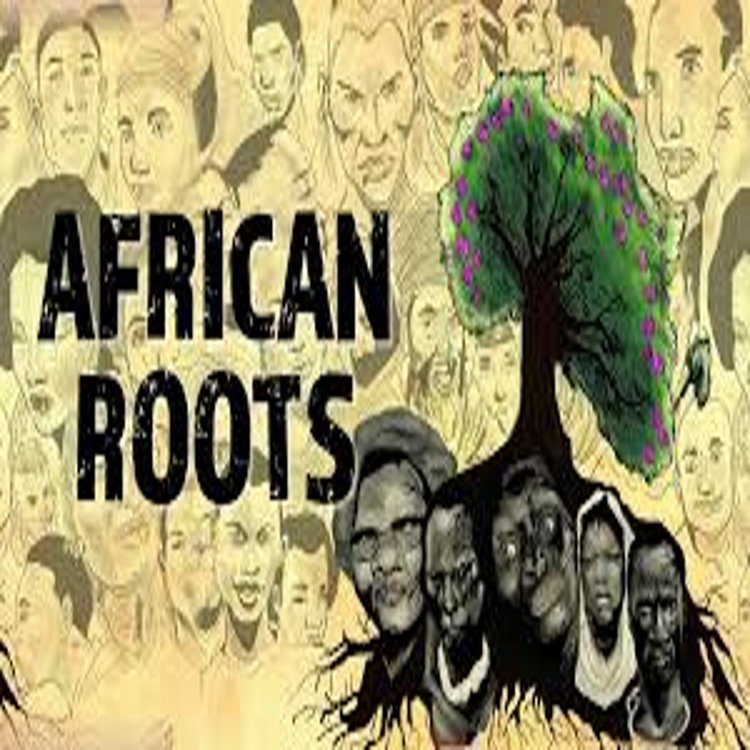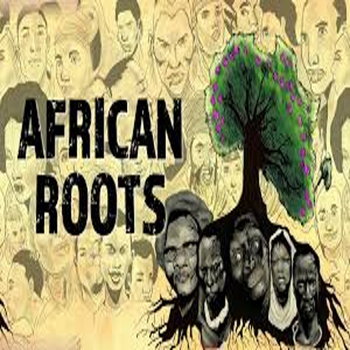
Julius Nyerere: Undeterred African leader
Loading player...
A pronounced pan-Africanist, Nyerere led Tanganyika to independence and later unified it with Zanzibar to form Tanzania. Despite shortcomings, his Ujamaa policy is credited for giving Tanzania a national identity.
When was Julius Nyerere born? In 1922, Butiama village in Tanganyika. He studied teaching at Makerere University in Uganda. Later on, Economics and History at the University of Edinburgh in Scotland. He died in London in 1999.
What was he renowned for? His title "Mwalimu", which means teacher. Nyerere actually taught Biology and English for three years before leading Tanganyika into independence and going on to become the first president of the United Republic of Tanzania. He had an unrelenting passion of a united Africa. In opposition to Ghana's Kwame Nkrumah, however, he opted for a regional East African union as a first step, while Nkrumah pushed for a direct and complete union. Jointly, they masterminded the Organization of African Union. He took in African freedom fighters. After gaining independence for his country, Nyerere followed his pan-Africanist path by welcoming and supporting the armed rebellions against regimes in Mozambique, South Africa, Namibia and others.
Julius Nyerere's other accomplishments? He translated William Shakespeare into Kiswahili.
How stubborn could Julius Nyerere be? In a Cold War world, Nyerere didn't take sides. When the German Federal Republic asked his country to sever ties with the German Democratic Republic according to its Hallstein Doctrine, Nyerere declined, at the risk of losing German development aid, insisting on Tanzania's sovereignty. He said his country would "not accept aid with strings attached" - and finally got his way. His country upheld diplomatic relations with both German states.
When was Julius Nyerere born? In 1922, Butiama village in Tanganyika. He studied teaching at Makerere University in Uganda. Later on, Economics and History at the University of Edinburgh in Scotland. He died in London in 1999.
What was he renowned for? His title "Mwalimu", which means teacher. Nyerere actually taught Biology and English for three years before leading Tanganyika into independence and going on to become the first president of the United Republic of Tanzania. He had an unrelenting passion of a united Africa. In opposition to Ghana's Kwame Nkrumah, however, he opted for a regional East African union as a first step, while Nkrumah pushed for a direct and complete union. Jointly, they masterminded the Organization of African Union. He took in African freedom fighters. After gaining independence for his country, Nyerere followed his pan-Africanist path by welcoming and supporting the armed rebellions against regimes in Mozambique, South Africa, Namibia and others.
Julius Nyerere's other accomplishments? He translated William Shakespeare into Kiswahili.
How stubborn could Julius Nyerere be? In a Cold War world, Nyerere didn't take sides. When the German Federal Republic asked his country to sever ties with the German Democratic Republic according to its Hallstein Doctrine, Nyerere declined, at the risk of losing German development aid, insisting on Tanzania's sovereignty. He said his country would "not accept aid with strings attached" - and finally got his way. His country upheld diplomatic relations with both German states.

